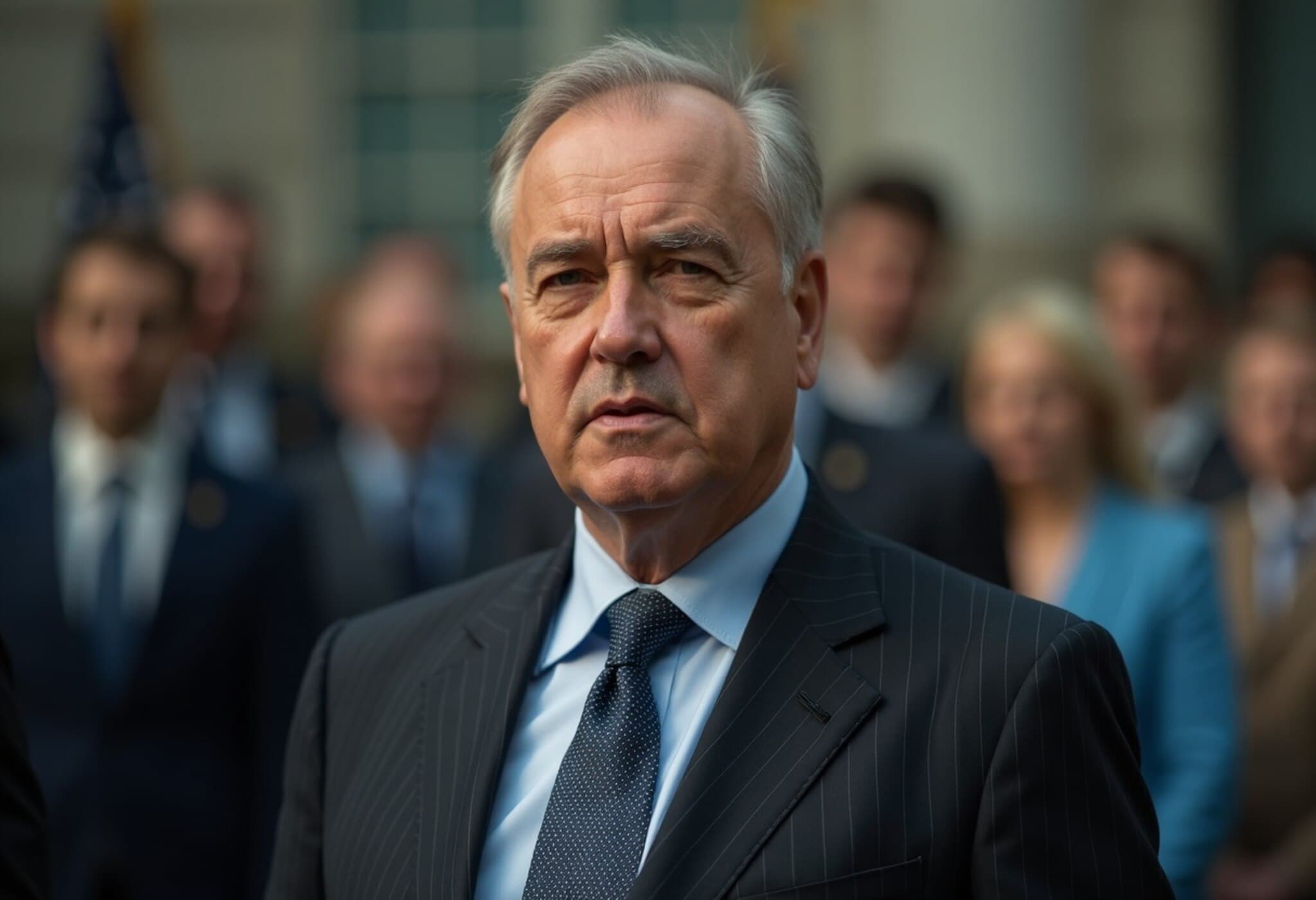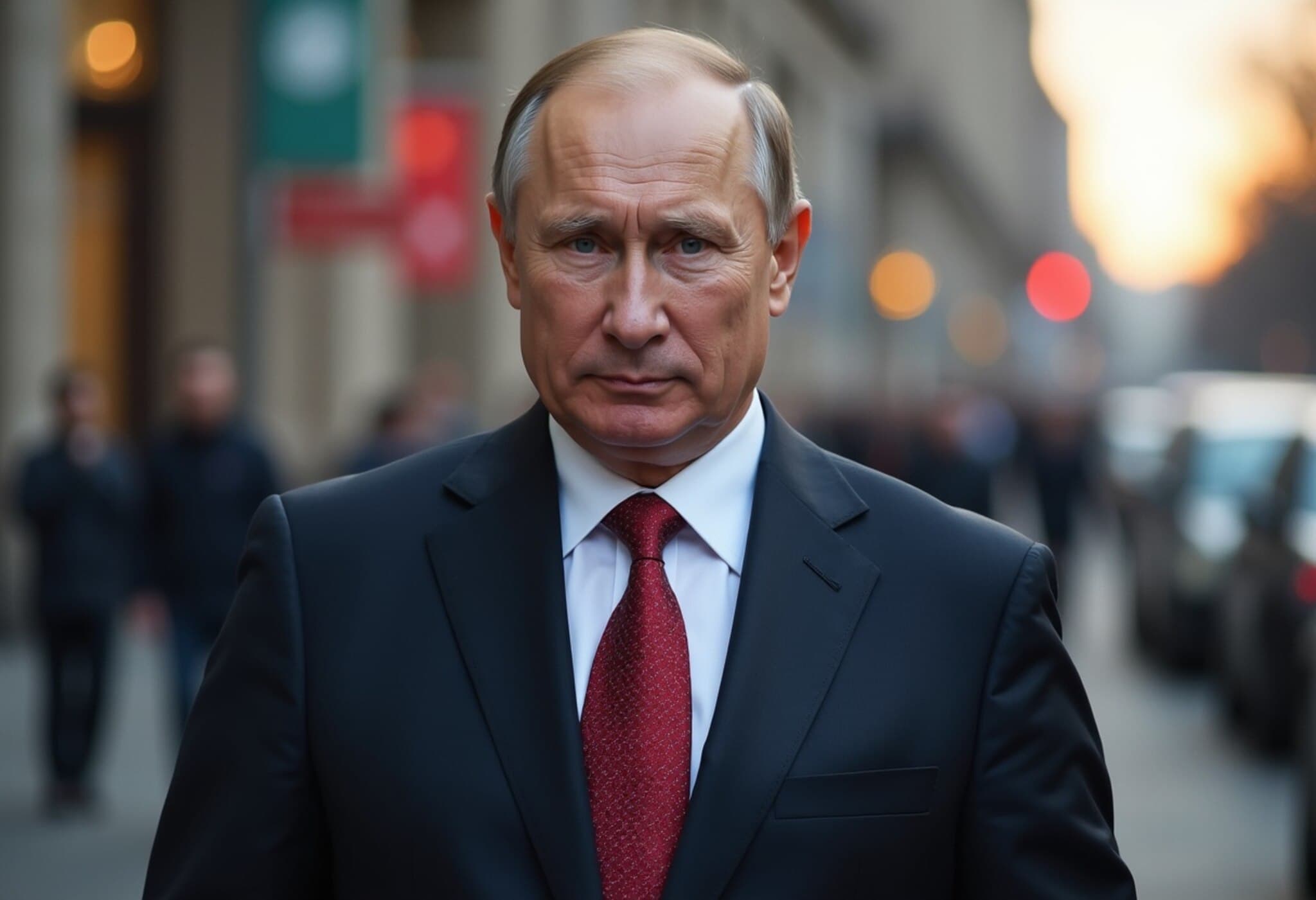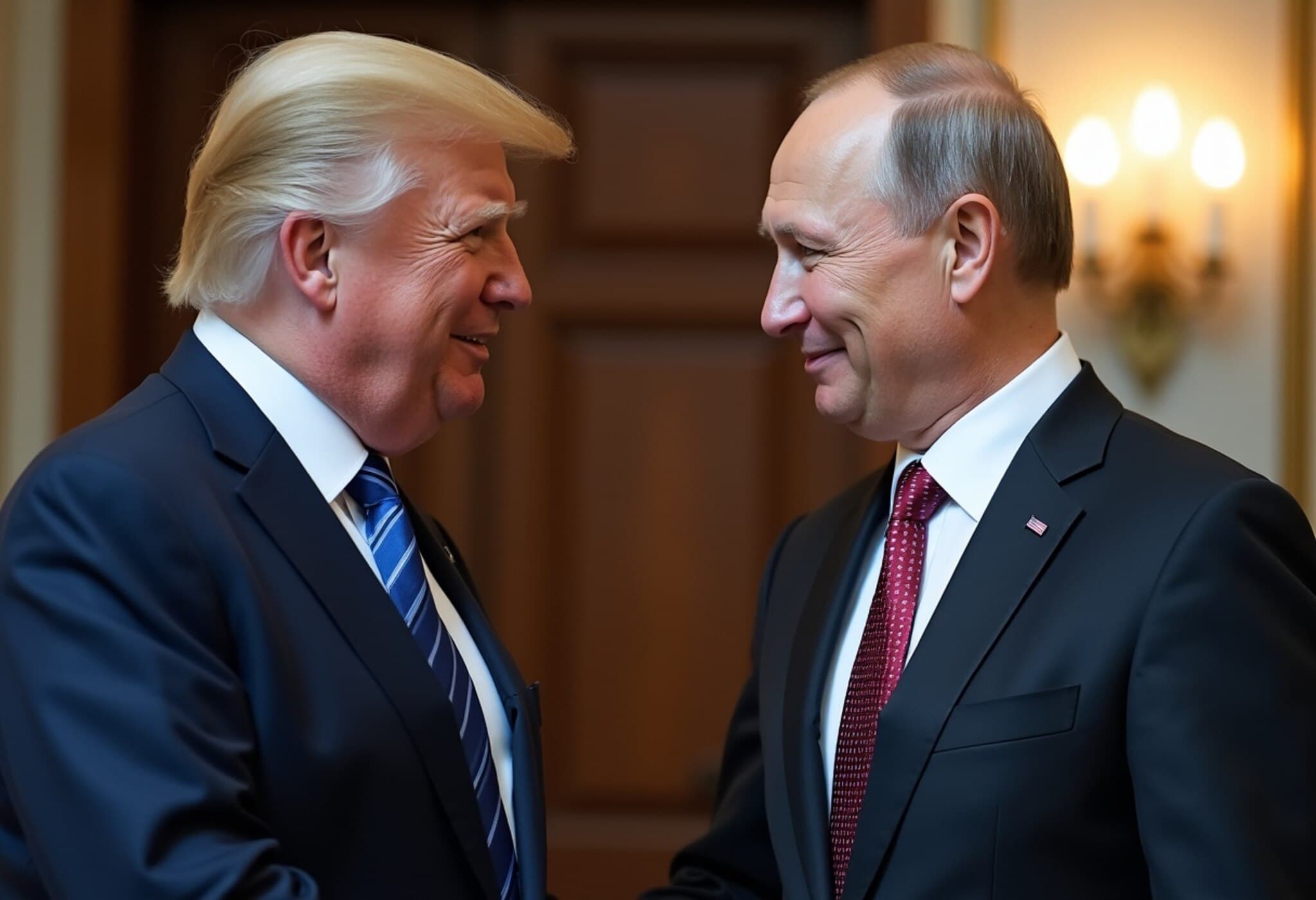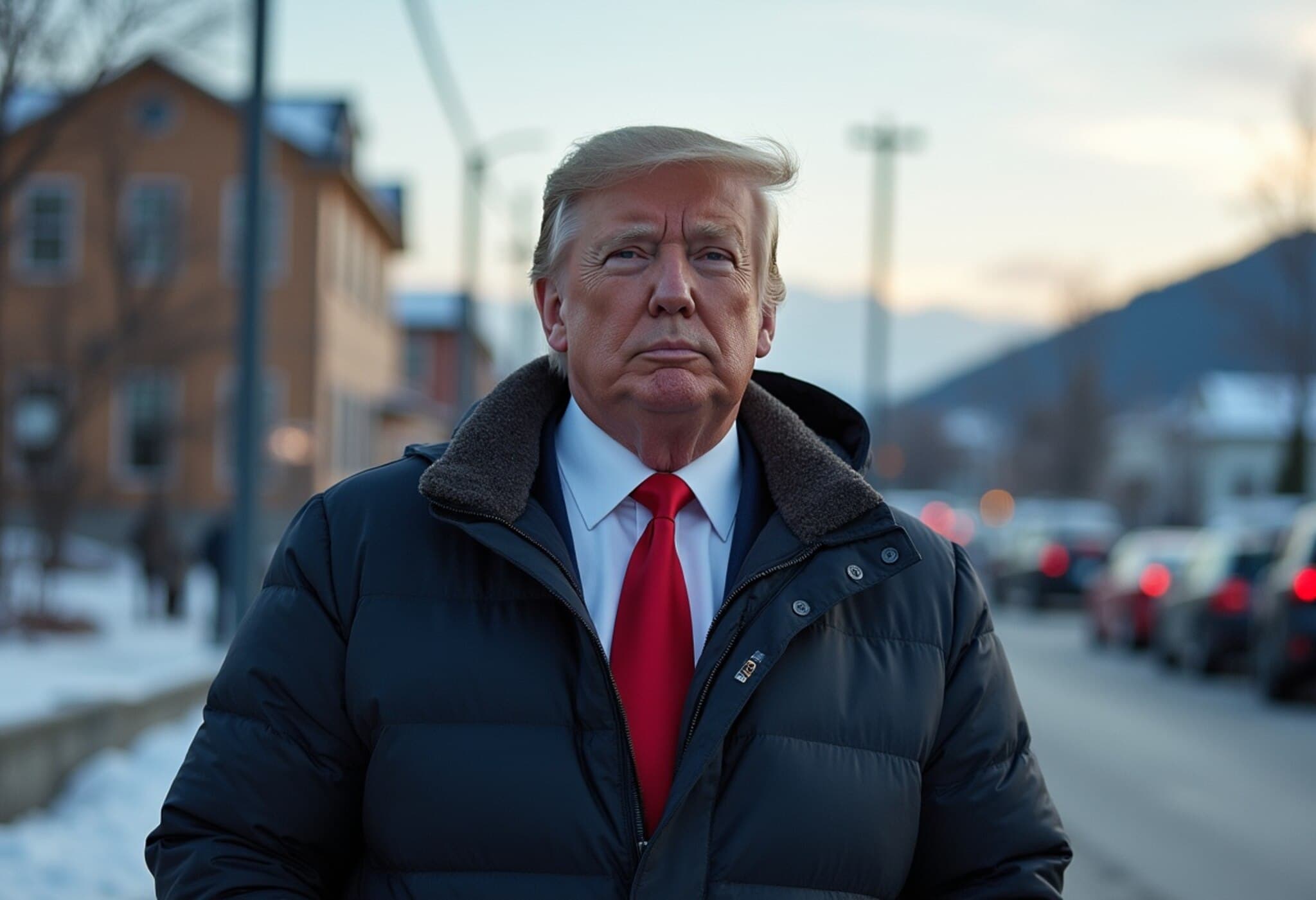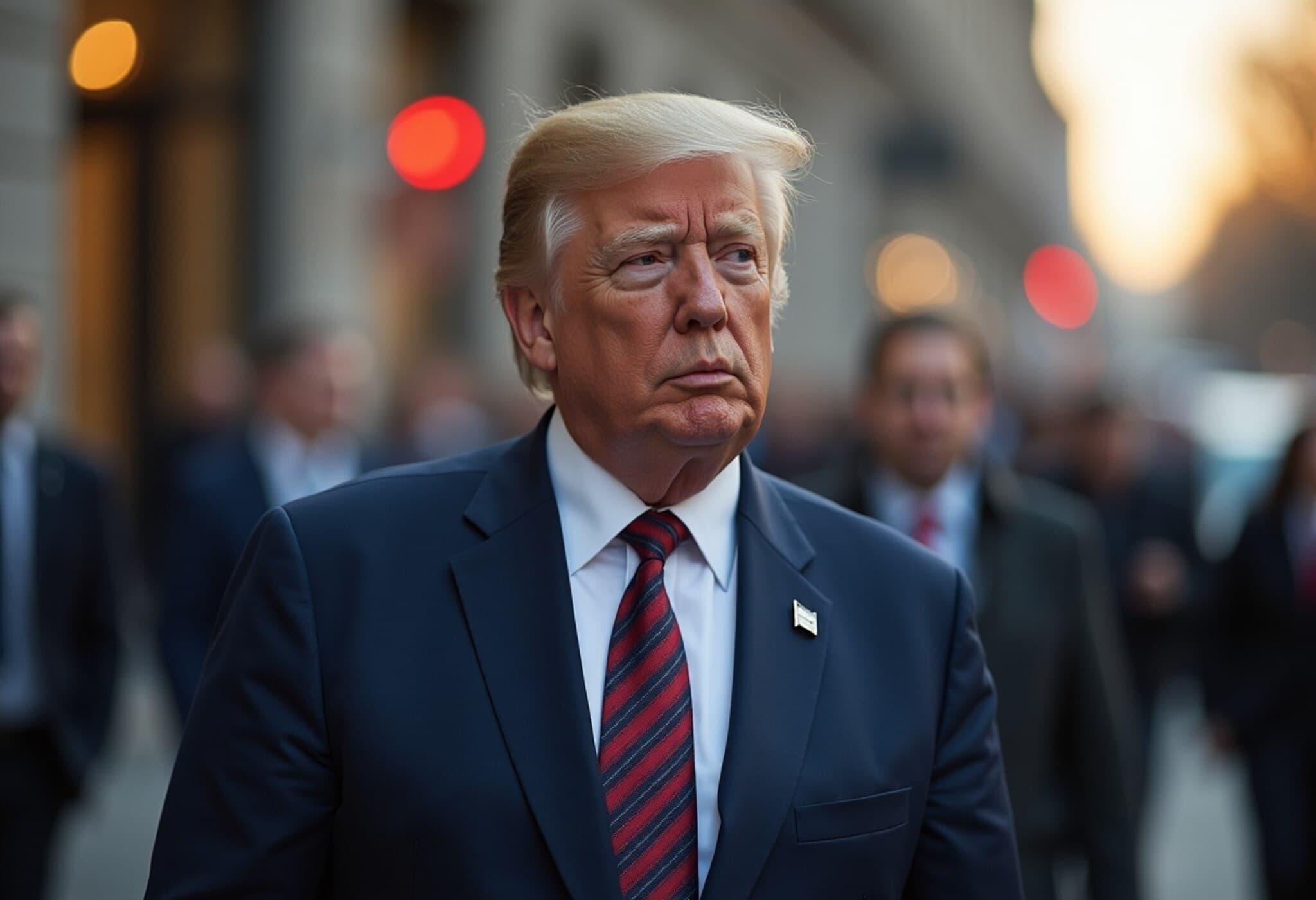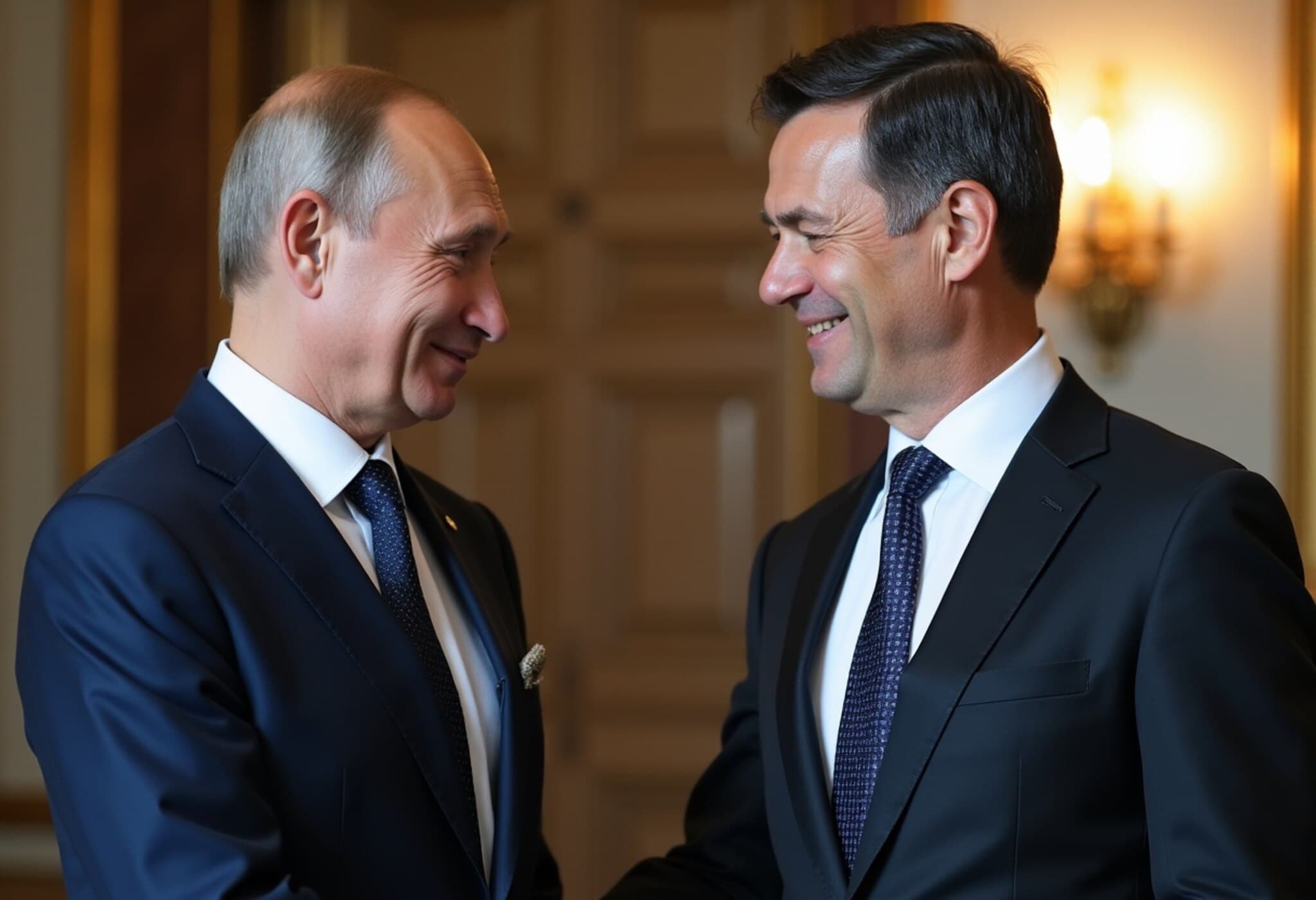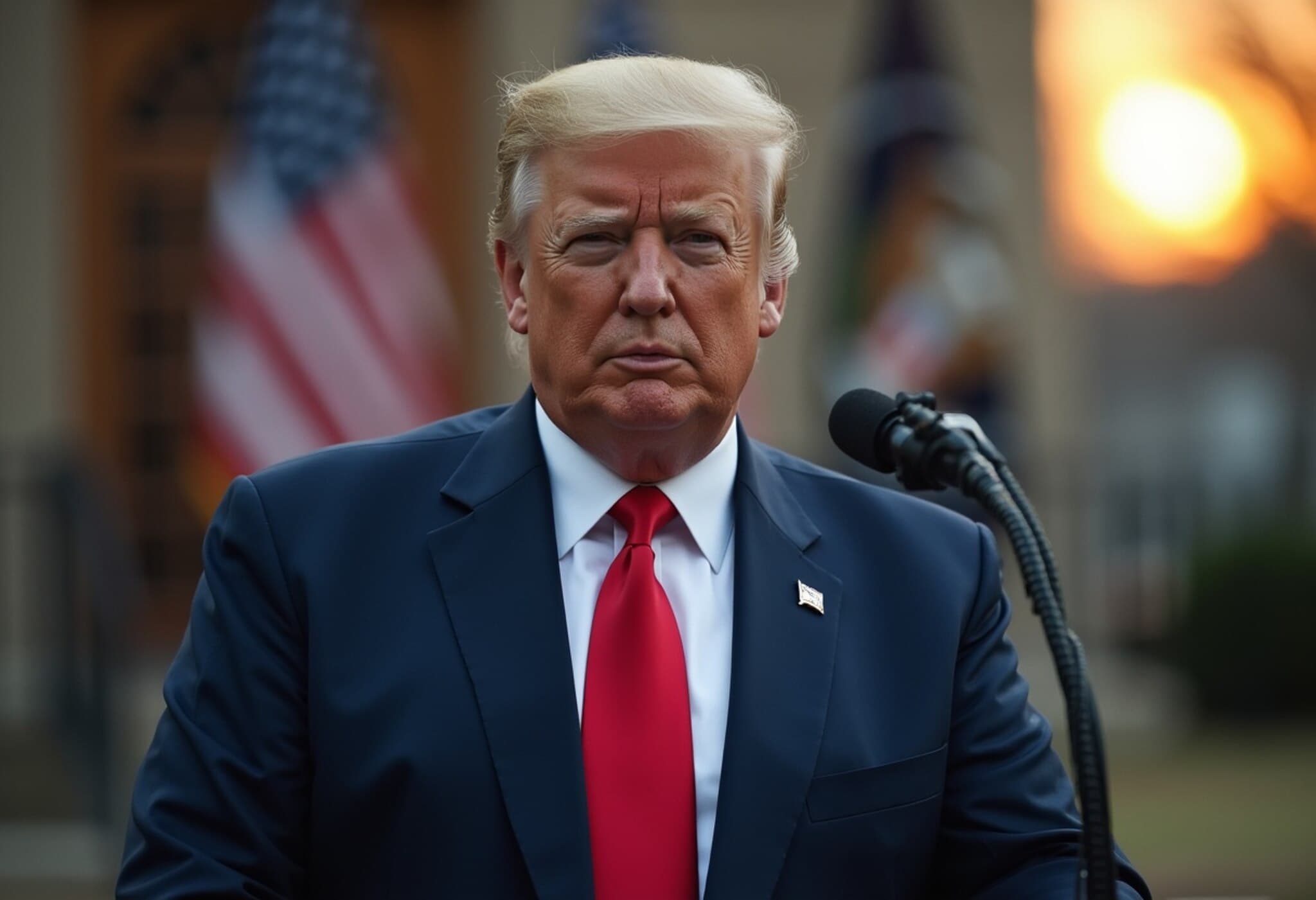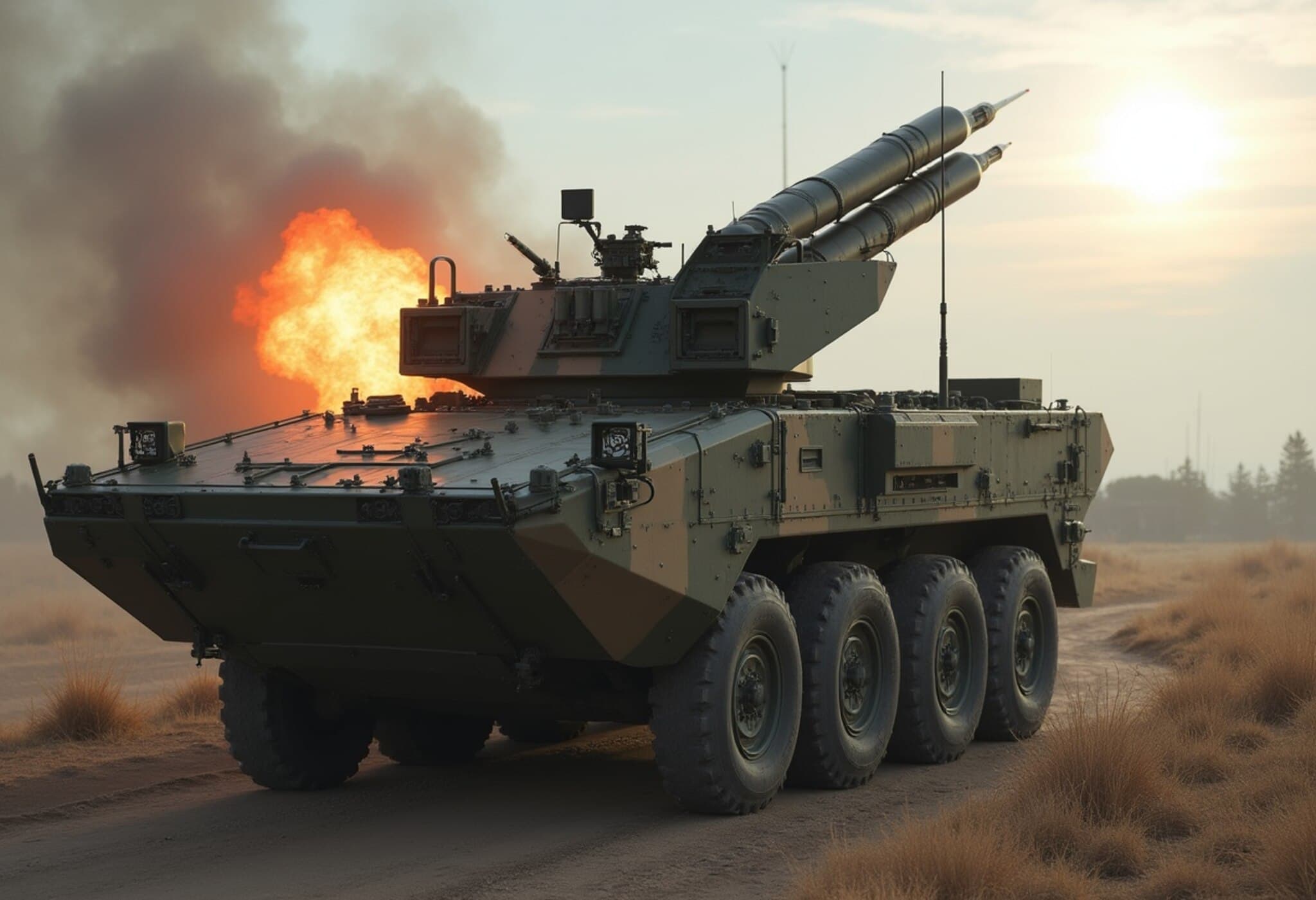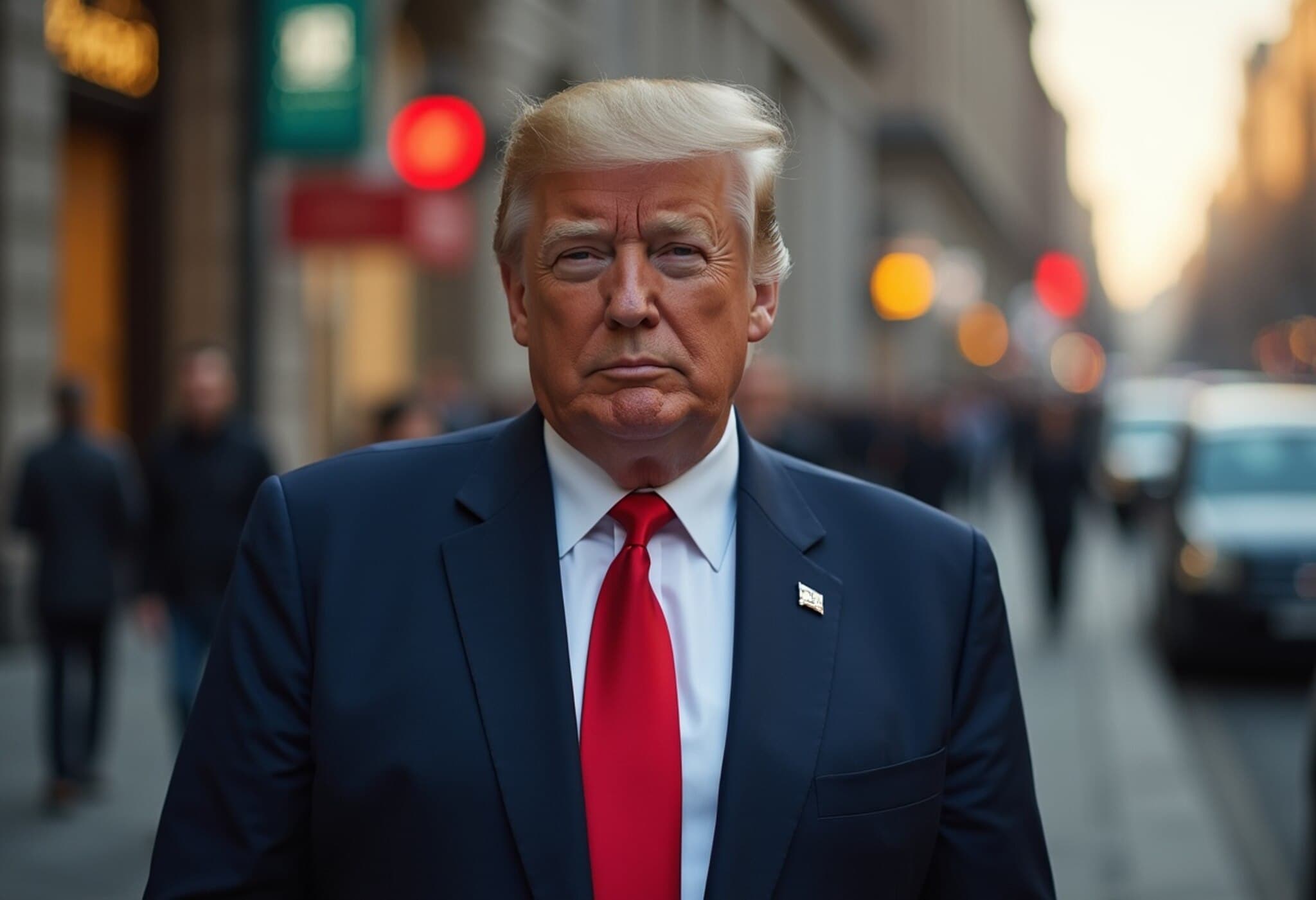Understanding the High-Stakes Chessboard: Ukraine’s Future and Zelensky’s Dilemma
As the conflict between Russia and Ukraine enters another pivotal phase, the spotlight intensifies on Ukrainian President Volodymyr Zelensky. With diplomatic efforts ebbing and flowing, the question echoes louder than ever: how can Zelensky steer Ukraine through these turbulent waters while safeguarding his leadership and the nation’s sovereignty?
Putin’s Unyielding Objectives Amid Shifting U.S. Stances
European diplomats and analysts widely agree that Russian President Vladimir Putin’s strategic goals remain firm: to install a pro-Kremlin government in Kyiv, block Ukraine’s NATO integration, and curtail the country’s military capabilities. Earlier attempts to leverage peace by demanding elections as a quid pro quo for ceasefire, as seen during discussions with former U.S. President Donald Trump, aimed to destabilize Zelensky’s administration.
However, the dynamic has evolved. Trump’s recent pivot to a more Ukraine-supportive stance complicates Moscow’s bargaining power. This change places Putin at an impasse, making a direct peace deal less attainable and forcing a search for indirect strategies to fracture Kyiv’s resolve.
Legal Hurdles in Ukraine: The Constitutional Trap
One critical but underreported obstacle is Ukraine’s constitution. It mandates national referenda for any territorial concessions, a process presently impossible due to Russian control of approximately 20% of Ukrainian territory. Additionally, any attempt to bypass constitutional protocols risk intense domestic backlash, especially from a population hardened by years of sacrifice.
Military concessions like abandoning the Donbas region would yield little compensation for Zelensky except a tenuous ceasefire. Such moves would likely be perceived as appeasement, eroding trust among Ukrainians and soldiers alike. The challenge for Zelensky lies in balancing the hard realities of war with the legal and moral imperatives at home.
Expert Insight
Jaroslava Barbieri, a research fellow at Chatham House’s Ukraine Forum, highlights the precarious tightrope Zelensky must walk. Putin’s territorial demands are deliberately harsh, ensuring they are unpalatable to most Ukrainians. Rejecting the deal risks portraying Kyiv as the spoiler in Trump’s peace-making narrative, potentially straining Western alliances and stirring internal divisions. "This dynamic could be weaponized to destabilize Ukraine from within," Barbieri warns.
Public Sentiment: The Backbone of Ukraine’s Resolve
Polling by the Kyiv International Institute of Sociology underscores a nation divided but defiant: only 38% of Ukrainians would accept territorial losses for swift peace, while a majority 52% oppose any concession even if it prolongs the conflict. This data reveals deep-seated attachments to sovereignty and a collective memory of loss that cannot be discounted in any political calculus.
Negotiation Realities and Strategic Compromises
Zelensky appears aware that some form of territorial compromise might be inevitable to preserve international support, especially from the U.S. and European allies. Discussions reportedly are underway about freezing frontline positions and potentially ceding de facto control over several Russian-occupied regions, including parts of Donetsk, Luhansk, Zaporizhzhia, Kherson, and Crimea.
Crucially, the nature of such concessions could hinge on legal framing. Essential distinction lies between de jure recognition—a formal legal acknowledgment requiring constitutional approval and a referendum—and de facto acceptance of the current military realities without formal cession. The latter might provide Zelensky a pathway to pause hostilities without triggering constitutional crises or outright political collapse.
Global Analogies: Lessons from History
One thought-provoking model is the Sino-British Joint Declaration overseeing Hong Kong’s handover in 1997. The agreement allowed Britain to return sovereignty to China while guaranteeing a special status for 50 years. Could Ukraine negotiate a similar framework, where contested regions remain legally Ukrainian but managed under temporary Russian control? While this could theoretically stabilize the situation, it risks Moscow entrenching influence long-term, undermining Ukraine’s integrity over time.
The Political Pressure Cooker: Zelensky’s Leadership on the Line
Putin’s approach effectively forces Zelensky into a catch-22, with the president’s future hanging in the balance. Conceding territory without broad public support could dam Zelensky’s political viability, yet prolonged conflict threatens Ukraine’s endurance and international aid.
Reflecting this tension, Trump criticized Zelensky’s insistence on constitutional processes, stating, "He has approval to go to war but needs approval to do a land swap?" Such external pressures amplify internal policy dilemmas, placing Zelensky under a microscope both domestically and globally.
Upcoming Diplomatic Crossroads
With a scheduled video call between Zelensky, European leaders, and Trump, followed by the crucial Putin-Trump meeting in Alaska, the coming days are set to define Ukraine’s diplomatic trajectory. The stakes are enormous, with potential to reshape Eastern Europe’s geopolitical contours and test the resilience of democratic governance under duress.
Editor’s Note: Navigating Between Sovereignty, Survival, and Strategy
Ukraine’s situation encapsulates a profound dilemma faced by democratic leaders under duress: How to preserve national sovereignty and democratic legitimacy while confronting geopolitical realities that demand compromise? Zelensky’s challenge transcends conventional war zones, extending into legal frameworks, international alliances, and the hearts of a war-stricken populace.
As readers, these developments compel us to watch closely—not just the headline diplomacy, but the nuanced dance of constitutional law, public opinion, and strategic concessions. Ukraine’s future, and Zelensky’s legacy, hinge on this complex balancing act that will reverberate far beyond the Kremlin walls.

